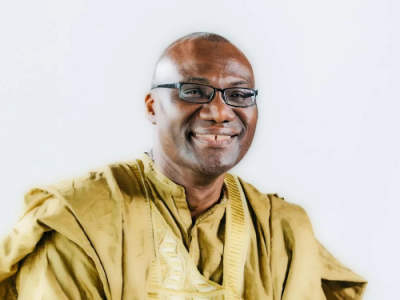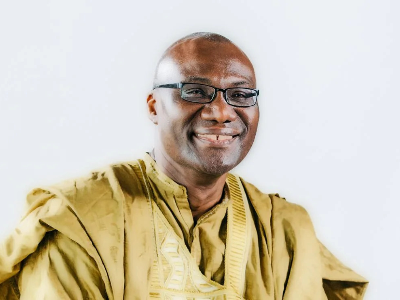Carleton University’s Allan Thompson, a veteran foreign affairs journalist, has edited a new book, Media and Mass Atrocity: The Rwanda Genocide and Beyond, which revisits the key issues of the media-genocide nexus in Rwanda and how the world has changed with social media reporting.
“While I visited Rwanda three times as a reporter, Carleton took me back there 15 or more times, including as part of my research for this book,” said Thompson, a professor in the School of Journalism and Communication. “The book itself is largely the product of a major international conference hosted by Carleton in late 2017, bringing together 25 international experts, many of whom now appear in this volume.”
On April 6, 1994, at 8:25 p.m. local time, a plane crash killed the presidents of Rwanda and Burundi. Within hours, the killing began in Rwanda. Tens of thousands were massacred in the first five days. Journalists reported the story, but it took several weeks for a clear picture to emerge of what was really taking place in Rwanda — a genocide that left an estimated 800,000 people dead.
Twenty-five years later, as more information about the genocide becomes available and as the narrative of those events continues to evolve, there is much to learn from Rwanda about the role of media in provoking and responding to mass atrocities.
“It is to my everlasting shame that I did not volunteer to go to Rwanda in 1994,” Thompson writes in the introduction to the new book that explores the “media-genocide nexus” in Rwanda — where so-called hate radio incited the killings, which continued unchecked as the international press turned away — and how social media has changed the way people respond to violence and conflict.
“Rwanda is a case study for where media and mass atrocity intersect,” said Thompson. “Journalists didn’t capture what was going on there, and we didn’t mobilize the international community to intervene.
“Rwanda is an important jumping off point for looking at these issues, and what we’ve learned in the past 25 years.”
Today’s enhanced and inexpensive communications technologies allows ordinary citizens around the globe to capture live footage of human rights abuses before journalists have the chance, making social media itself a global actor, affecting the responses of national governments and international organizations. But despite the extended reach that technological advances have afforded traditional news media and social media, mass atrocity and genocide continues — in Myanmar, in South Sudan, in Syria and elsewhere.
The new book, which is aimed at a general audience, not only academics, is part of an ongoing conversation about media and mass atrocity.
“The book isn’t just about Rwanda,” says Thompson. “News consumers should be demanding more, and people should be more aware of the impact that social media has on the way we see the world.
“Surely, after a quarter century, we can draw some lessons from Rwanda.”
Written by frontline war correspondents, including Pulitzer Prize winner Paul Watson, with a chapter and foreword by retired general Roméo Dallaire, the UN force commander for Rwanda during the genocide, as well as academic researchers, Media and Mass Atrocity: The Rwanda Genocide and Beyond provides journalists, policy makers, citizens and researchers a critical, and at times grim, review of the Rwanda genocide. In addition, other cases of mass violence are revisited, as well as the role of terror organizations such as ISIS that use the media to their own advantage today.
About the Centre for International Governance Innovation
The Waterloo, Ont.-based Centre for International Governance Innovation is an independent, non-partisan think tank with an objective and uniquely global perspective. Its research, opinions and public voice make a difference in today’s world by bringing clarity and innovative thinking to global policy making. By working across disciplines and in partnership with the best peers and experts, the centre is the benchmark for influential research and trusted analysis.
Media Contact
Steven Reid
Media Relations Officer
Carleton University
613-520-2600, ext. 8718
613-265-6613
Steven_Reid3@Carleton.ca
Carleton Newsroom: https://newsroom.carleton.ca/
Follow us on Twitter: www.twitter.com/Cunewsroom
Need an expert? Go to: www.carleton.ca/newsroom/experts
Wednesday, April 3, 2019 in News Releases
Share: Twitter, Facebook



